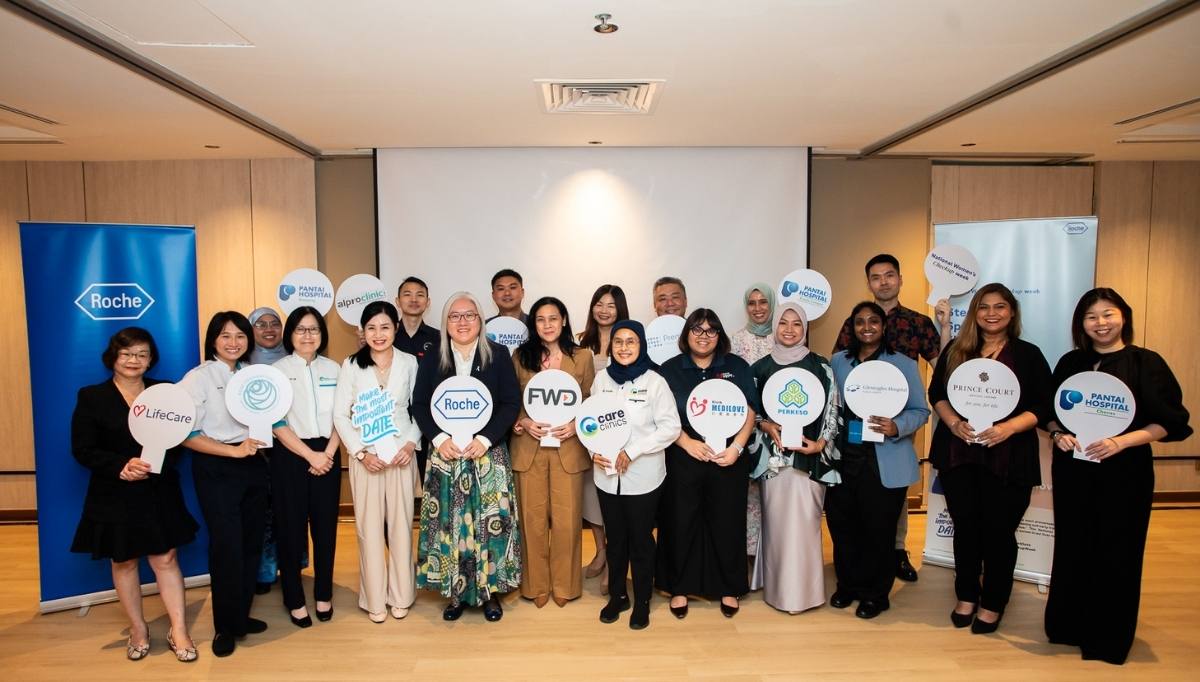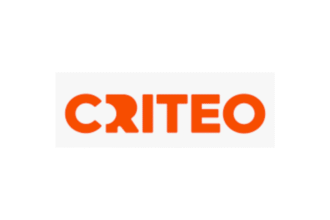Kuala Lumpur – Cervical cancer is the sixth most common cancers affecting women in Malaysia, with hundreds of lives lost each year. What makes this sobering statistic worse, however, is how preventable this disease is through vaccinations and early detection screenings. In fact, many women are still diagnosed at late stages, often due to stigma, lack of awareness, and lack of exposure from health professionals. To change this, Roche Diagnostics Malaysia has launched National Women’s Checkup Week (NWCW) 2025, a nationwide initiative to raise awareness about cervical cancer and drive widespread adoption of screening to address the pressing cervical cancer challenge in Malaysia. The event, held at Hilton Petaling Jaya, brought together medical experts, community advocates, and everyday Malaysians in a heartfelt bid to encourage women to take the single most important step for their health: getting screened.
Many remain unaware that the Human Papillomavirus (HPV) — the virus responsible for nearly all cervical cancer cases — can be detected early and managed effectively through routine screenings. This year’s theme — #ShowUpForHerHealth — urges all Malaysians not only to encourage women to get screened, but to stand beside them in solidarity. The campaign calls on women, men, families, employers, and policymakers alike to play their part in eliminating cervical cancer once and for all.
“Cervical cancer is one of the few cancers that is both preventable and highly treatable when detected early,” said Heng Chai Yin, General Manager of Roche Diagnostics Malaysia.
“Our mission at Roche goes beyond diagnostics. It’s about making sure no woman is left behind, regardless of where she lives or how much she earns. Through National Women’s Checkup Week, we’re building a Malaysia where showing up for women’s health becomes the norm — not the exception. It’s time we break the silence and empower women to take charge of their health.”
A key feature of this year’s campaign is the inclusion of HPV self-sampling kits—an important option that allows women to collect their own samples in the privacy of their home, in a clinic or at a hospital. This approach offers greater flexibility, convenience, and autonomy in the screening process.
“Early detection can significantly improve treatment outcomes and survival rates,” said Dr. Teo Ik Hui, Consultant Obstetrician & Gynaecologist, University Malaya Medical Centre and panelist at the launch event. “With innovative tools like HPV self-sampling kits, we can reach more women earlier and break down some of the barriers that prevent timely screening. This is how we save lives — by ensuring women are diagnosed before symptoms even appear.”
However, effective screening is not just about having the right tools — it also requires creating a supportive healthcare environment where women feel safe and informed.
“Primary care clinics serve as the frontline in women’s health, offering a pivotal opportunity to educate and empower women about cervical cancer prevention and early detection,” said Dr. Beatrice Jee Ngee Ling, Family Medicine Specialist and member of the Malaysian Family Medicine Specialists’ Association. “By integrating conversations about cervical health into primary care visits, we will ensure preventive measures like HPV vaccination and cervical cancer screening become routine and the norm. This proactive approach aligns with Malaysia’s commitment to the WHO’s 90-70-90 targets, aiming to eliminate cervical cancer as a public health problem by 2030.”
This push to normalise cervical cancer screening is echoed by community-led organisations that are working to make screenings more accessible than ever before, with both self-sampling and clinician-collected methods in full alignment with the Ministry of Health’s (MOH) guidelines for primary HPV screening. The self-sampling method, in particular, is designed to help overcome common barriers such as embarrassment, time constraints, or access to healthcare facilities — ultimately encouraging more women to take proactive steps in safeguarding their cervical health.
“HPV self-sampling can be a game-changer, especially for women in rural areas or those who feel uncomfortable with conventional examinations like Pap Smear,” said Dr. Khoo Su Pei, Programme Director at ROSE Foundation. “By offering women a private, accessible alternative to traditional screening, we empower them to take that first critical step toward protecting their health. It’s about bringing screening closer to where women are — physically, emotionally, and culturally.”
Roche Diagnostics Malaysia is collaborating with partners such as Alpro Clinics, Care Clinics, Cyto DR+ Clinics, FWD, Gleneagles Hospital Kuala Lumpur, Gleneagles Hospital Medini Johor, J.L.Lee Women Specialist Clinic, Klinik AK & Surgeri, Klinik Famili, Klinik Permaisuri, Klinik & Rumah Bersalin Tawau, KMI Tawai Medical Centre, LifeCare Diagnostics Medical Centre, MediLove Clinics, Miri City Medical Centre, Pantai Hospital Ampang, Pantai Hospital Cheras, Pantai Hospital Klang, Pantai Hospital Kuala Lumpur, Pelita Clinic, PERKESO, Premier Integrated Lab, Prime Borneo Clinic (Krokop), Prince Court Medical Centre, ROSE Foundation, Timberland Medical Centre and Wo Clinic to expand the campaign’s reach through workplace screening programmes, educational awareness, CSR initiatives and screening test accessibility.
In conjunction with National Women’s Checkup Week (NWCW), FWD has contributed RM30,000 in partnership with Roche Diagnostics Malaysia, in the support of ROSE Foundation’s mission to eliminate cervical cancer in Malaysia. Best known for its community-centric initiative, Program ROSE (Removing Obstacles to cervical ScrEening), enhances access to cervical screening by empowering women—especially those in underserved communities—through education and self-sampling HPV screening.
Men are also encouraged to be a part of the campaign by supporting their partners and family members to get screened, and helping to normalise open conversations about women’s health.
Women across Malaysia are urged to visit the NWCW site to:
- Learn more about HPV and cervical cancer
- Access resources to support loved ones
Legal Disclaimer: The Editor provides this news content "as is," without any warranty of any kind. We disclaim all responsibility and liability for the accuracy, content, images, videos, licenses, completeness, legality, or reliability of the information contained in this article. For any complaints or copyright concerns regarding this article, please contact the author mentioned above.











